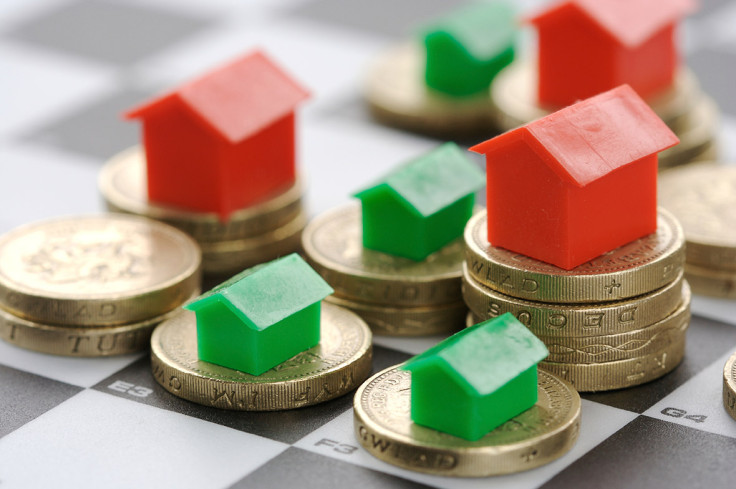UK mortgage approvals and borrowing rise as households shrug off pay squeeze
Bank of England data shows mortgage approval rate hits highest level since March 2016 last month.

Britain's mortgage lending and consumer borrowing accelerated past expectations last month, allaying fears consumers could be reining in spending as a result of the pay squeeze.
According to the Bank of England (BoE), the number of loans approved by banks and building societies edged slightly higher from April's 65,051 to 65,202 last month, ahead of forecasts for a reading in the 64,000 region.
Net mortgage lending, meanwhile, recorded its largest increase since March 2016, rising by £3.53bn ($4.58bn) last month.
The figures come just a day after Nationwide reported the first increase in house prices in three months.
Meanwhile, consumer credit rose by £1.7bn, ahead of expectations for a slowdown to £1.4bn and higher than the £1.52bn figure recorded in April.
Growth in unsecured consumer borrowing rose 10.2% year-on-year in the three months to May, higher than from April's 9.7% and the joint-highest reading since November.
While the unexpectedly positive data will prompt speculation the economic slowdown experienced in the first quarter might be a thing of the past, it also means households feeling the squeeze are dipping into their saving to continue spending.
"May's UK money and credit figures provide another reason to think that the consumer slowdown shouldn't be too severe," said Ruth Gregory, UK economist at Capital Economics.
"This suggests that households remain confident enough to increase borrowing to help smooth consumption, in the face of the squeeze on their real incomes.
"Of course, this will do nothing to allay policymakers concerns about the recent rapid increases in unsecured lending and strengthens the case for the Financial Policy Committee to act to address this issue at its next meeting in September."
Earlier this week, BoE Governor Mark Carney warned that consumer borrowing was rising at a much quicker rate than incomes, adding banks had loosened credit standards due to "intense competition".
On Wednesday (28 June), Carney added over the coming months the Bank will begin discussing when to start raising interest rates, which have been at a historic low of 0.25% since August last year.
The BoE chief economist Andy Haldane hinted he might back a rate hike later this year, while deputy governor Sir Jon Cunliffe warned the bank would make mistake if it raised rates now.
"We do have to look at what's happening to domestic inflation pressure, and I think that, on the data we have at the moment, gives us a bit of time to see how this evolves," he said.
© Copyright IBTimes 2025. All rights reserved.






















